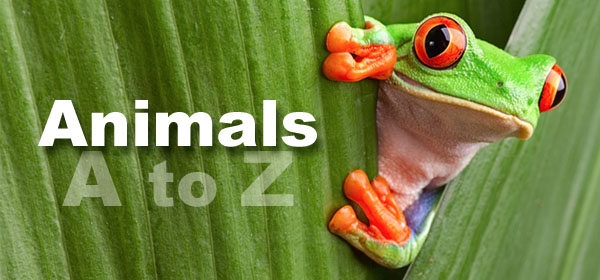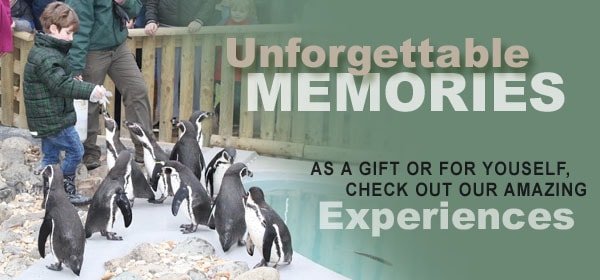A big question we get asked on a daily basis with our carnivores is, “what are you
feeding them?”. Especially when we are finishing the tiger talk getting the boys standing
up. It’s a good question! The simple answer is horse.
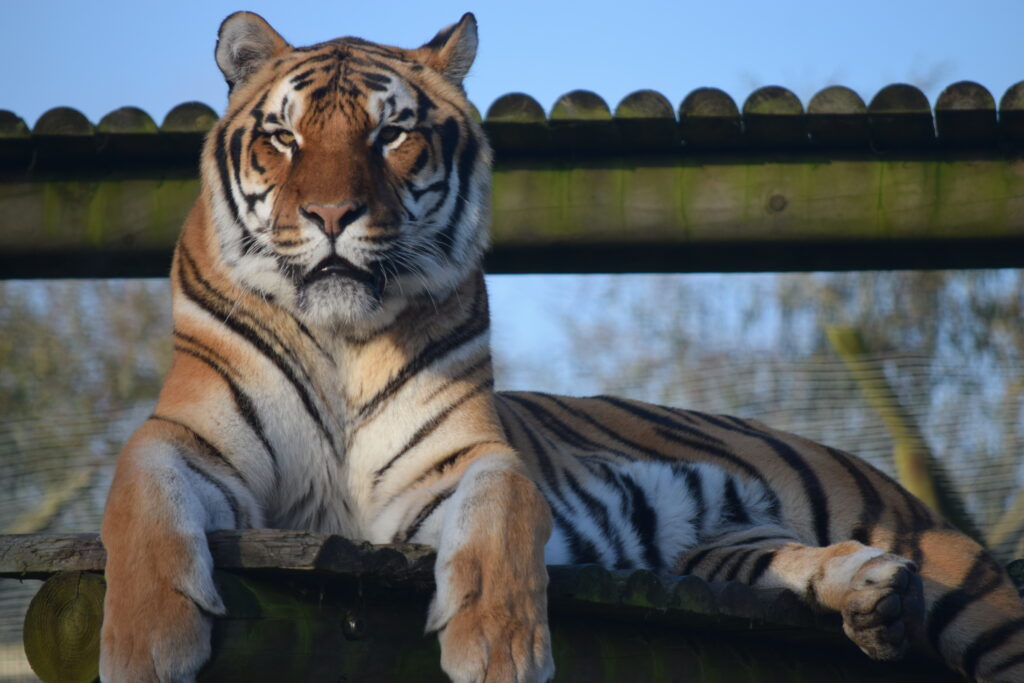
Smaller carnivores
We feed out an array of different meat sources here at the park with fish, day old chicks, mice and rats making up the bulk of it for our smaller species. We also feed out invertebrates such as mealworms and locusts, which are the only thing we feed out live. This is largely due to the fact that many animals that eat these won’t take them if they’re dead.
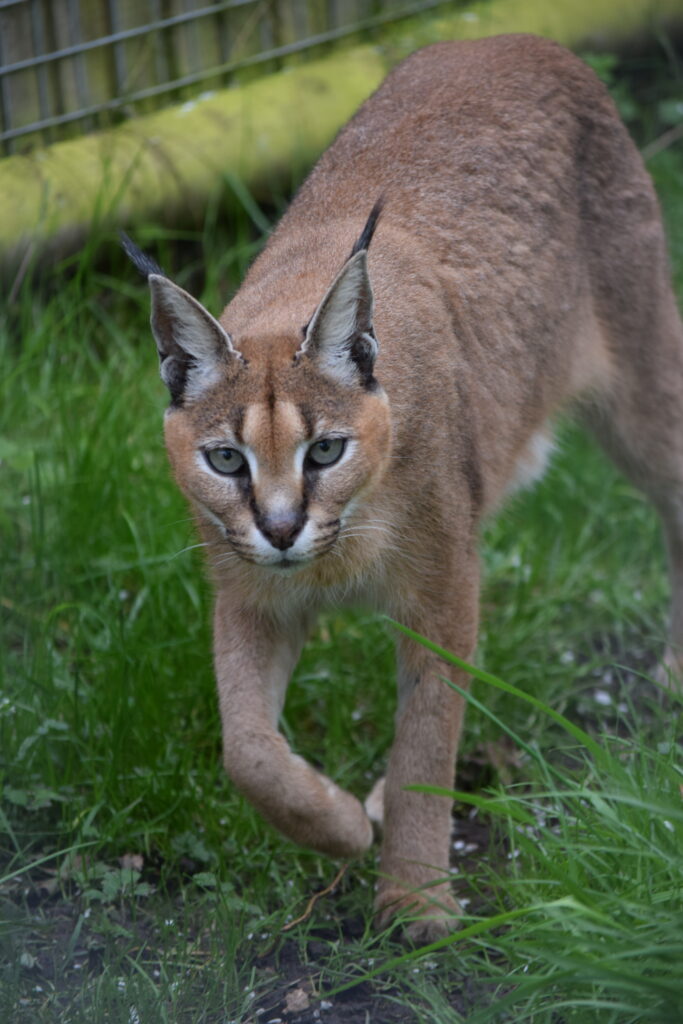

Larger carnivores
Now with the larger animals we have to feed out a bigger meat source. Like with the smaller carnivores we like to feed a variety where we can. This can range from calf and sheep down to chickens and rabbits. However, the largest proportion we use is horse. This is readily accepted from our lion Clarence right down to our short clawed otters, Jill and Storm. It wouldn’t make up their usual wild diet I know but I have no doubt if they were hungry enough they would try.
Different species require different sources of meat and we choose which based on how close it is to their natural diet. Therefore our smooth coated otters receive nearly all fish as it makes up 98% of their wild diet. The short clawed otters however, have a much more varied diet in the wild such as small mammals, birds and crustaceans so we offer them many different meats.
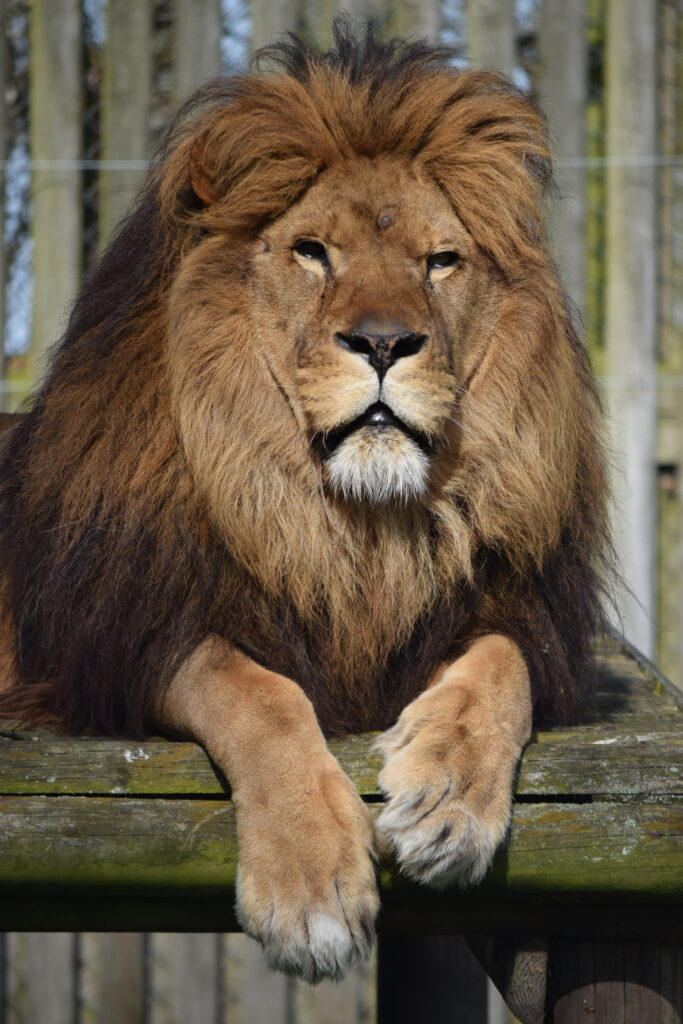

Variety also enriches the animals, especially when it still has fur and feathers attached as the animals have to work harder for their meal.
Why do we feed horse to our animals?
When we answer horse to the above fore-mentioned question at the end of our talks we are usually met with the same reaction of shock/ surprise. As a nation we don’t class horse as a typical meat source for us. So why do we give it to our animals. The benefits of feeding horse are substantial.
Cost
It is a little less expensive than other meat because of the fact that we don’t consume it. As you can imagine, the food bill like all the rest, for a park our size is large so any areas where it can be reduced will be of benefit. The money saved can be used else where.
Nutrition
Horse meat has the same level of protein as beef, but a lower fat content. Cats especially find it difficult to digest fat, which usually results in vomiting or diarrhea if they have too much. Horse is also higher in linoleic acid than beef which aids with their metabolism. On top of this the horse bone is meant to be higher in minerals like calcium.
Availability
In many cases horses are euthanised without chemicals. If they are the meat cannot be used for food. When euthanised without chemicals a horse provides a large amount of meat which is needed for large animals like lions, tigers and wolves. Lots of people here in the UK keep horses as pets or in liveries which sadly don’t live forever. This is a big ready meat source which would be wasted if the animal is incinerated.
So horse meat really does tick a lot of boxes as a food source for our animals. You can even feed some of our carnivores yourself! Hopefully I have answered any questions you may have on feeding meat here at the park, but if there are any more you can find us at the end of our otter, big cat, tiger or wolf talks where we will be happy to answer them.


